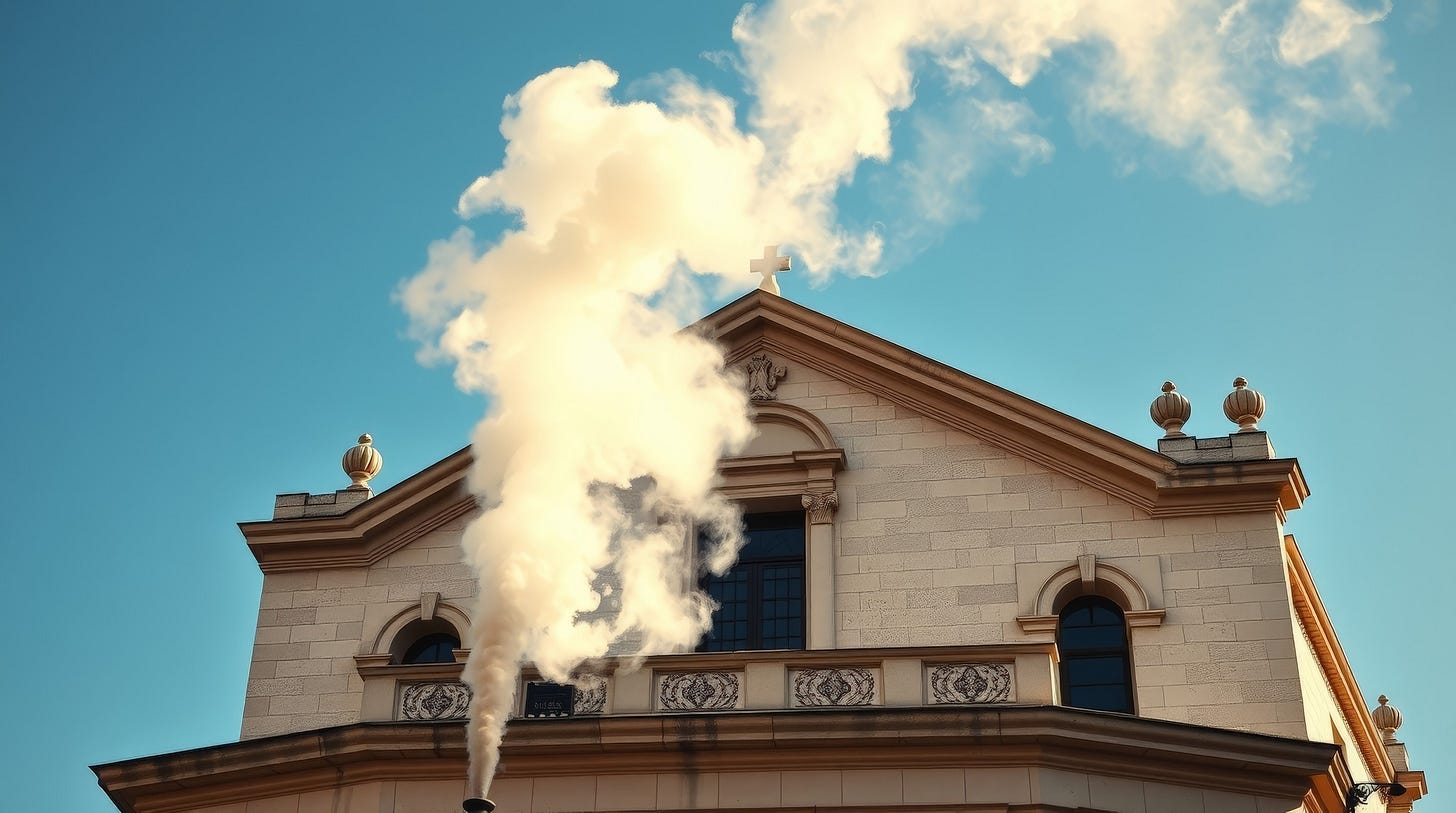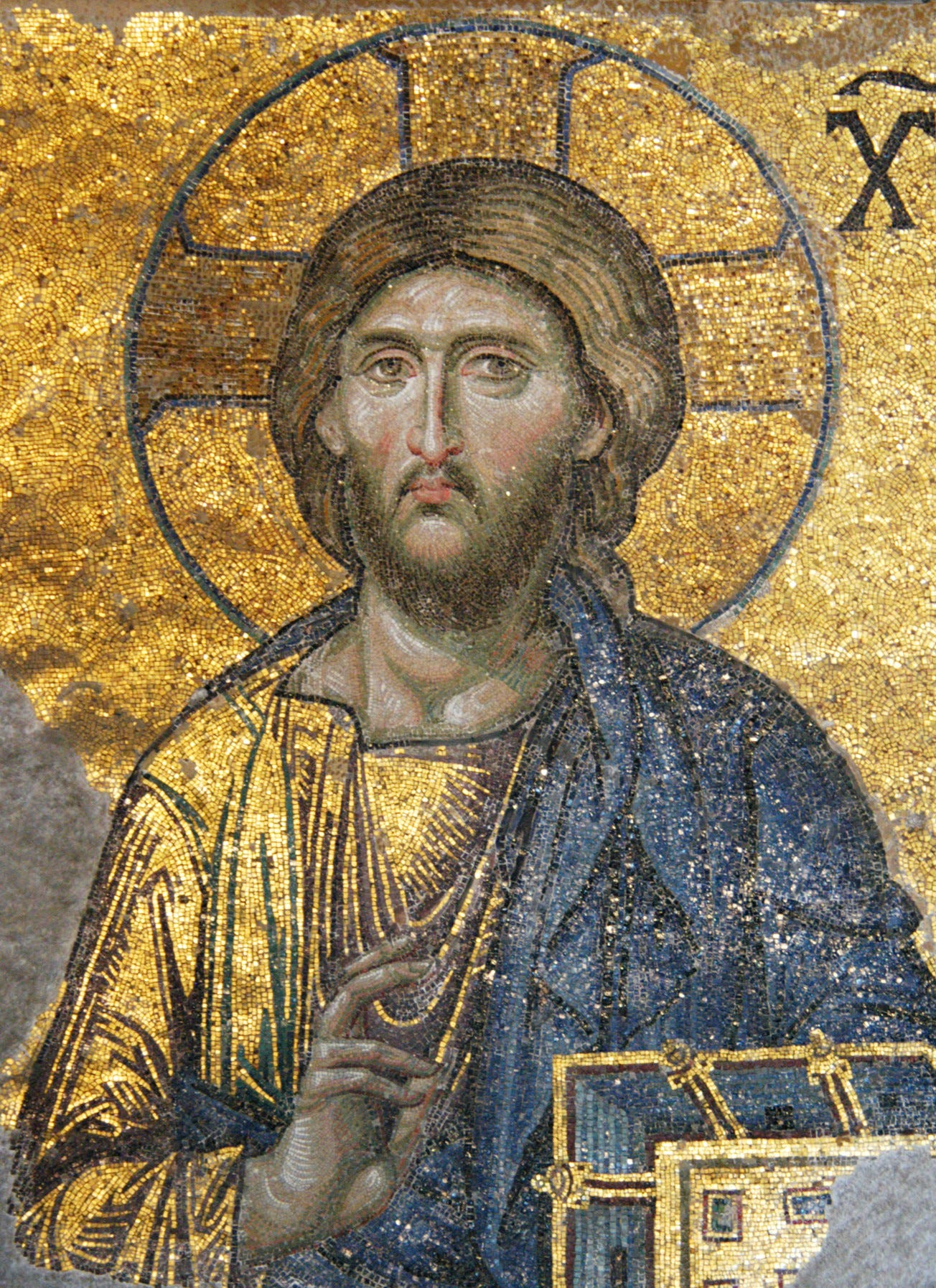Conclave: What sort of man should the cardinals elect?
The new pope must confront an array of concerns with pastoral wisdom
On Wednesday, May 7, the 135 cardinal electors will enter the conclave in the Sistine Chapel to choose a successor to Pope Francis. This is made out to be a big deal for the Catholic Church, and it is a big deal. But honestly, the pope has little direct effect on the lives of ordinary Catholics. His most significant impact on our lives is who he chooses to be bishop of our diocese. In my case, Pope Francis did not have the opportunity to appoint a new archbishop of Edmonton, so even that bit of influence was absent.
However, Pope Francis did visit Edmonton to apologize to Indigenous people for the Church’s role in running residential schools. So there was that. Some Catholics also took to heart major documents he issued, such as Laudato Si’, the encyclical on our common home. He was also an example to us by washing the feet of prisoners, meeting with victims of clergy sexual abuse and his abiding concern for migrants and the victims of war.

Right now, journalists with various levels of acquaintance with the Vatican and the Church hierarchy are prognosticating on the most likely candidates to emerge from the conclave as the new pope. I have scant knowledge of most cardinals, so I would be on shaky ground if I gave my opinions.
Some conclaves have a clear favourite going in. Unsurprisingly, Cardinal Eugenio Pacelli emerged as pope in 1939, Cardinal Giovanni Battista Montini was elected in 1963 and Cardinal Joseph Ratzinger in 2005. This time no one is in that position.
However, I am not short of opinions on the type of pope the Church needs. Perhaps it is providential that this conclave falls amidst the 1,700th anniversary of the Council of Nicaea that ran from May through July 325. The council concerned itself with the nature of Christ’s divinity – was he divine eternally or did he become divine during his time on earth?

Often forgotten is St. Athanasius' key insight that God became human so humans could share in divinity. Nicaea proclaimed Christ’s eternal divinity and in doing so also made known the transcendent dignity of the human person. What gives us dignity is not that we have consciousness or voting rights or that we can own property. We are created in God's image and likeness. We share in the divine nature.
This insight led the most recent Church council – Vatican II — to call for a conversion from worshiping the Church to living as brothers, sisters and followers of Jesus. As Pope Paul VI put it, Christ is the sun, and the Church is the moon that reflects Christ’s light upon the world. This has been the driving intuition of the post-Vatican II popes, who have fleshed out that intuition in different ways.
We pray that our next pope will be a man of deep prayer, one who lives out his prayer by becoming united with those most ignored in our world – the homeless, prisoners, the senile and the poor immigrant.
Perhaps more than ever, our world is in crisis. Climate change, war, organizations of repressive power, demagoguery, technological progress almost beyond control, the existence of a permanent underclass and the gradual emergence of a new economic order make humanity’s future uncertain. A pope has no direct power over such phenomena, but he can help us find practical forms of hope.
As well, the clergy sexual abuse scandals continue to stain the Church as does the Church’s failure to create an equal place for place for women. The Church’s vast diversity coexists with growing polarization. Pope Francis’ pontificate highlighted the tension between upholding moral values and the mission to provide mercy. Also, the call to witness simple living is of growing importance in a society based on consumerism.
We need a pope who can be pastor, evangelist, prophet, diplomat, theologian, corporate leader, TV star and mystic. Does such a man exist? Probably not. If I had my druthers, I would opt for pastor, prophet and mystic as the pope’s most central characteristics, the ones most needed in our times. The new pope must be a wise man who comforts the afflicted and afflicts the comfortable.
Then there is the Holy Spirit. The Spirit is sometimes called the unknown God because she acts in mystery and her footprints go unseen. However, we trust in the Spirit for she knows our needs better than we ever will.



